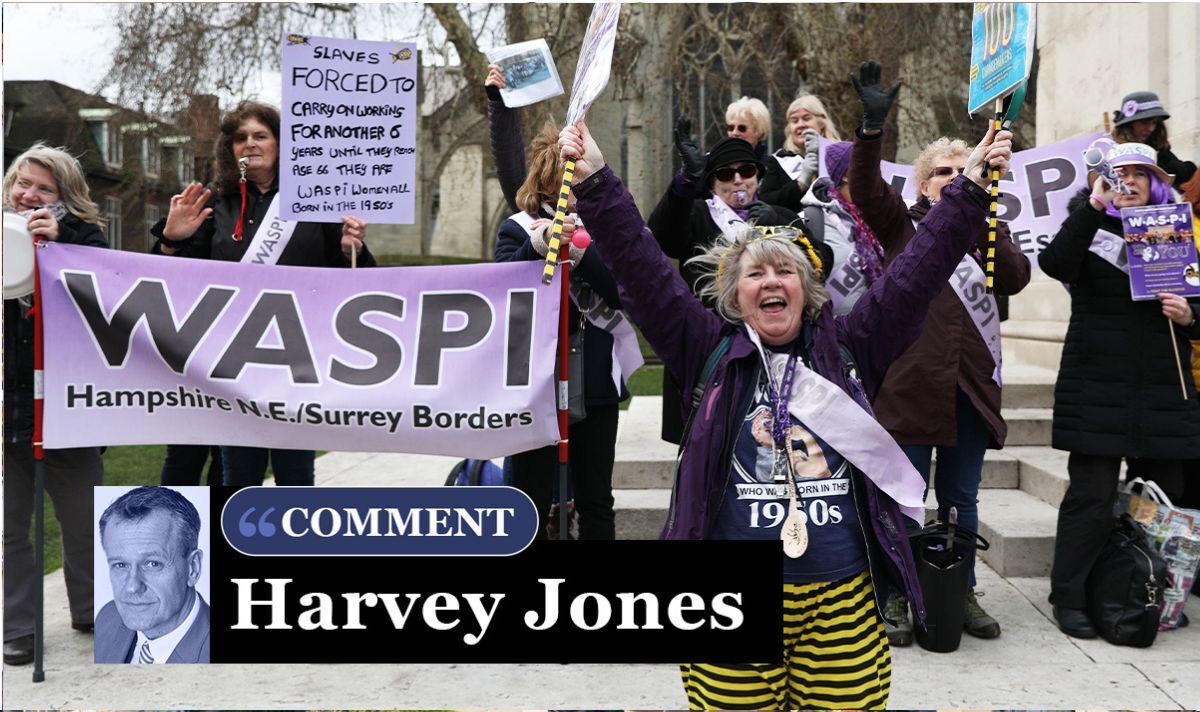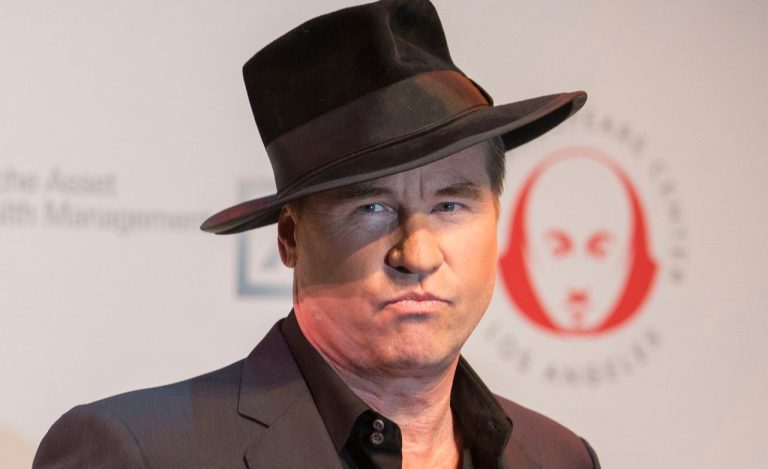
The move to hike the state pension age for women in line with men was included in The Pensions Act 1995. Netflix didn’t even exist, then. Nor did the internet. It was a bloomin’ long time ago and we’re still fighting over it.
First, though, a recap. Click “skip intro” if you know this bit.
Waspi stands for women against state pension injustice (or inequality, as they’ve split into two campaign groups).
They represent almost four million women born in the 1960s who expected to get their state pensions at 60, only to learn they would have to wait until age 65 like men.
Many say they did not realise they would have to work for at least another five or six years until shortly before they were due to retire.
The Waspi campaign was founded in 2015 to fight back.
Waspi women say they are not against equalisation, but “do not accept the unfair way the changes to our SPA were implemented with inadequate or no notice”.
The big plot twist came six years later in July 2021, when the Parliamentary & Health Service Ombudsman ruled that the Department for Work and Pensions (DWP) should have written individual letters to affected women 28 months before it finally sent them out.
It called this “maladministration”. Waspi women felt victory was within their grasp. That was in season 17 or something.
And here we are, more than two years later, still watching, still waiting. Now the story has inched another step forwards.
The Ombudsman maladministration ruling was only the first part of a three-stage process. Chief executive Rebecca Hilsenrath has now confirmed that around 500 women and the will DWP receive written notification of its Stage 2 and 3 findings. With luck, by the end of next week.
It’s yet another teaser trailer and looks set to deliver another anti-climax. These findings are only “provisional”.
And we won’t actually know what they are. The findings, sorry, provisional findings, will only be “made in confidence and private to the parties involved, not the general public”.
I suppose the general public will find out in season 22 or 23, if they’re still awake.
After seeing the findings, the Ombudsman will “provide a timeframe for those parties to come back to us with their comments on our findings”, Hilsenrath said.
Once the Ombudsman has had time to consider the responses from all parties, and make any amendments it thinks are necessary, it will then be able to publish its final report.
She “assumes” that will be “in the new year at some point”. She doesn’t want to be more definite than that. Saving it for season 27, no doubt.
Ms Hilsenrath justified the agonising pace of the investigation by saying that “We are deliberately giving more time than we normally would because we understand the importance of the matter.”
She’s right there. It is important.
READ MORE: Waspi pensioner loses out on £50,000 while battling breast cancer
Waspi calculates that more than 250,000 women have died waiting to find out how this case will play out. Everyone of those deaths merits a Netflix documentary of its own, and each one would be heartbreaking.
Those 250,000 women never got a penny of the state pension, having died too young to claim it. And whatever the outcome of the current deliberations, they never will.
We’re still at Stage 2, basically. The final stage 3 report will then recommend to the UK Government what level of compensation, should be paid to affected women.
If any compensation is recommended, that is.
It will then go back to Parliament, which should keep us going through seasons 31 to 36.
The Waspi campaign was formed to help millions of women get “fair and fast compensation” for losing five or six years of state pension with insufficient notice of the change.
The compensation certainly hasn’t been fast. At some point, we will find out whether it’s fair. Sometime around season 41, most likely. Or 45. Maybe 50.
Please keep watching, because this is important. Assuming you live that long. Many Waspi women won’t. I sometimes wonder if that’s the whole point of the exercise.







